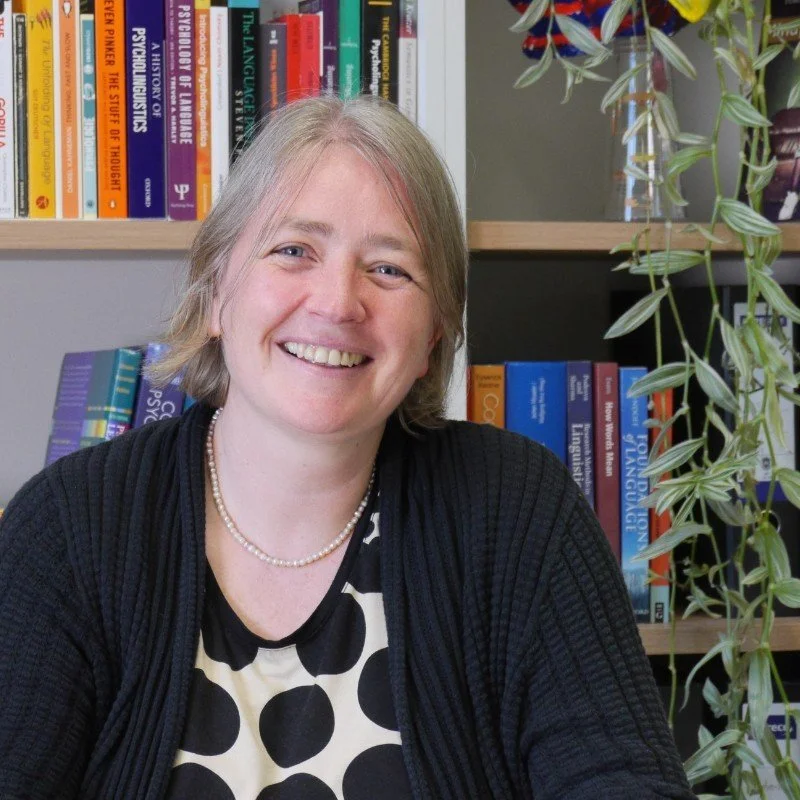The interplay of modal and amodal processes in language comprehension
6 de Noviembre de 2023
Facultad de Psicología de la UNED
Grabaciones disponibles en este enlace
According to the embodied-cognition framework of language comprehension, sensorimotor processes play an important role for meaning composition: During language processing, comprehenders are assumed to mentally simulate the objects, situations and events referred to in the linguistic input. More specifically, it is usually assumed that words automatically activate experiential traces in the brain that stem from the comprehenders’ interactions with the referents of these words. When words appear in larger phrases or sentences, the activated experiential traces are presumably combined to yield an experiential simulation consistent with the meaning of the larger phrase or sentence. Thus, accounts in this framework postulate that language comprehension is based on purely modal meaning representations. In my talk, I will give an overview of experimental work conducted in my lab to investigate these assumptions. The results of these studies call into question that experiential simulations are the only meaning representations utilized in language comprehension. I will instead argue for a more hybrid view of language comprehension, according to which comrehenders make use of both modal and amodal representations during comprehension.

